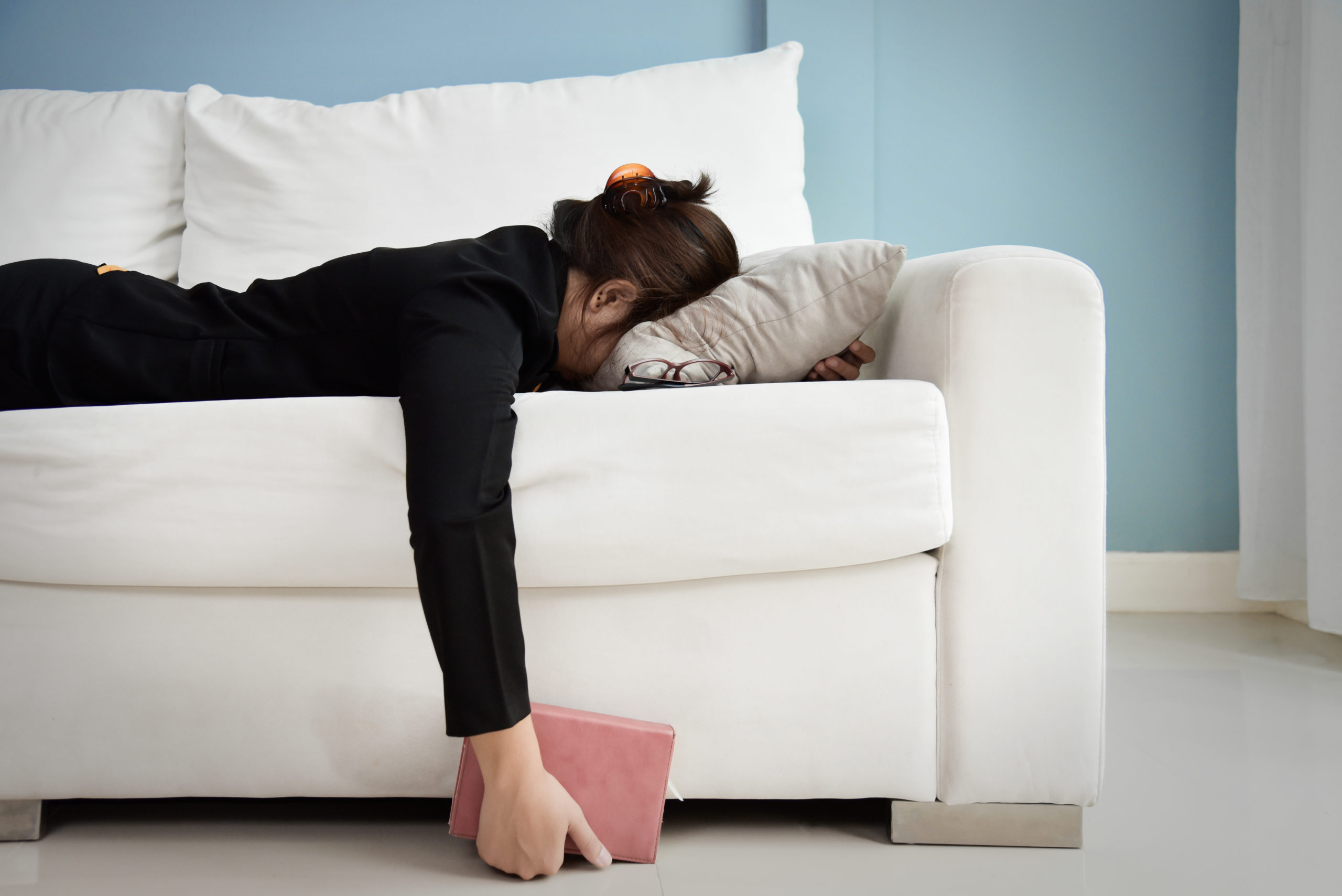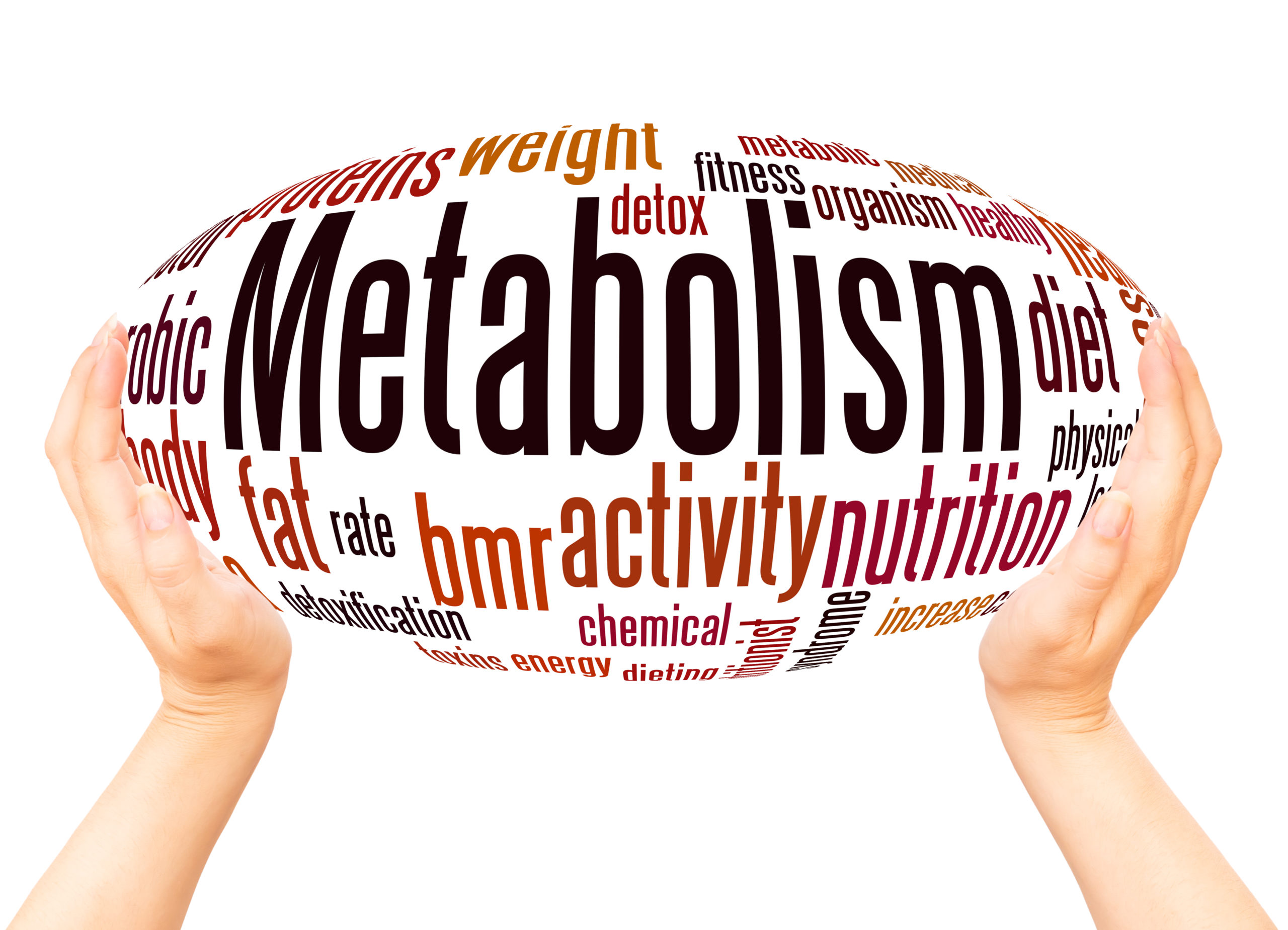Half of the world’s population is, has, or will, experience menopause. That means almost 4 billion women will be or are already sharing a fundamental physical and mental change – one that is rooted in the genetics of being a female human being. Given this, you would think that starting the menopausal transition would be an experience filled with accessible information, abundant credible resources, supportive health care providers, and lots and lots of other women you could meet and talk with in support groups.
Surprise!
The reality is just about the opposite. In fact, based on what we at Herstasis Health and the women we serve have experienced, this is a sadly accurate description of entering the menopause transition:
Menopause is like being sent on a canoe trip with no guide book and only a vague idea of where you are headed – although the expectation is it’s awful. There will be no advice on how to get there or how to manage any of the obstacles, such as rapids. That is if any exist. Who knows? Good luck figuring it out! Good times. Oh, and don’t write. No one wants to hear about your journey or what it is like when you arrive.
Dr. Jen Gunter, The Menopause Manifesto, 2021 [1]
We know millions of women are experiencing changes within their bodies and minds, changes they have no control over, and changes that are difficult to accept and deal with on a regular basis. We have been (and continue to be) there too, and we totally get you. We understand your suffering, your questions, your embarrassment, and your fear.
Herstasis Health is on a mission to educate and empower women with up-to-date, scientifically-based knowledge and relevant information because we asked our doctors. We asked our pharmacists. We did our own research when we could not find answers. And boy, did it frustrate us. It is interesting (or depressing, depending on how you look at it), that finding relevant, credible, helpful information on symptoms and treatments of the transition to menopause is so hard. And if you are not familiar with how to navigate through scientific literature it can be extremely difficult to access the right sources to get the right information.
So where can women find this much needed information?
Take one simple question that most women ask themselves and then ask us: “Are my symptoms normal”? (occasionally accompanied by the ever popular “And am I dying?”)
And another one: “Am I going crazy?”
And another one: “Will my symptoms ever end?”
And another one: “What can I do about my symptoms while they are happening?”
We at Herstasis have heard these questions from so many women, driving us to seek answers starting at the very first question – “Are my symptoms normal? “
Well…hmmm.
Figuring out how many women experience what types of symptoms is hard work. Here’s what a look at what the science told us:
- One credible study published in the Journal of Women’s Health looked at the impact of menopausal symptoms on quality of life and found that in their sample of 8,811 women surveyed, 4116 (or 46.7%) reported having symptoms. [2]
Umm. OK. Not super helpful, but at least we know at least some women have some (unidentified) symptoms.
- Another credible source of information, the book ‘Menopausal Symptoms: Comparative Effectiveness of Therapies’ [3] reports that about 15% of women experience no noticeable symptoms, and only some of the remaining 85% experience symptoms that require them to seek medical intervention.
Mmhmm. Fine. Still not overly helpful, but at least we know more than 46.7% of women experience some (unidentified) symptoms.
- In another highly reputable paper, 2015’s Perimenopause as a neurological transition state [4], the author states that 20% of women are asymptomatic (have no symptoms), 10% of women only experience hot flashes, and the remaining 70% experience a smorgasbord of symptoms that range from insomnia to suicidal thinking. Wow.
Getting better, sort of. At least there is some description of what types of symptoms are happening to what numbers of women. But based on the results of the paper, it still isn’t easy to get a solid answer to the key question – Are MY symptoms normal?
So we kept digging, reading the latest and greatest research in the most credible peer-reviewed journals. And FINALLY HIT PAYDIRT with a just-published research paper about symptom experience during the Late Reproductive Stage (roughly 44-51 years old) and the menopausal transition. [5]
- This study looked at the survey responses of 1529 diverse women to determine the occurrence, frequency, burden and interference of over 40 symptoms. The symptoms fell under the categories of sleep disruption, vasomotor symptoms and heart palpitations, mood changes, headache and sore breasts, brain fog and dizziness, painful sex and libido, and vaginal and urinary changes. Each of these symptoms were assessed on how many women were experiencing them, how frequently they were experiencing them, how much of a burden they were, and how much interference they caused in daily life.
Eureka! This jewel of a study will tell me if my symptoms are normal (or not!).
We’ve even made a summary of the paper to help you see if your symptoms are normal! [Insert link to KT Coslov summary]



